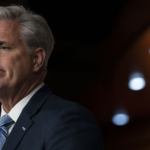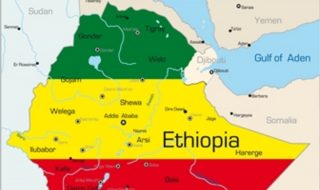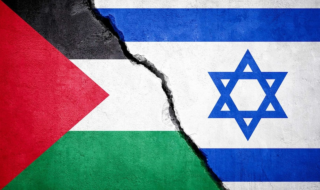
Temporary changes in consumer behavior following the Nov. 13 terror attacks in Paris had a big negative impact on Starbucks’ business, according to the company.
In its earnings report for the prior quarter, the coffee behemoth reported that in the Europe, Middle East and Africa region, revenues dropped by 6 percent from the same quarter in the year prior. Same-store sales in the region increased, but by just 1 percent, widely missing analysts’ expectations.
In the earnings report itself, Starbucks wrote that the revenue decrease “was primarily due to unfavorable foreign currency translation and the shift in the portfolio toward more licensed stores.”
But in later commentary, the company offered an additional explanation for the weak numbers.
“EMEA’s performance was particularly strong given the impact of foreign exchange and challenges to topline growth following the tragic terror attacks in Paris,” chief financial officer Scott Maw said in introductory comments on the company’s Tuesday evening earnings call.
When an analyst asked for more details, Maw added: “October looked like a really good month to us, and it looked like we were right on track to what we expected for the year. And then after what happened in Paris, we’ve seen some softening, and now it’s coming back.”
In an interview Friday on CNBC, CEO Howard Schultz amped up the drama: “We were on track to have a record quarter in Europe, and that unfortunately came to a screeching halt as a result of the act of terror in Paris.”
Read MoreStarbucks’ Schultz: We’re no longer just a morning business
While some might view the newsy explanation for European softness as a convenient excuse, analysts say it appears legitimate.
“It’s not like them to be evasive,” Wedbush analyst Nick Setyan told CNBC. “I think the probability of them trying to use this as an excuse is very unlikely.”
For his part, Setyan says a check of the numbers suggests that the Paris terror attacks hurt EMEA comparable sales to about 2 percent, if not more.
Further, Starbucks’ ability to draw this conclusion actually points to some underlying strengths in the company’s business, according to Piper Jaffray analyst Nicole Miller Regan.
“It’s one of the few companies that have the best systems to parse out what that impact is,” Regan said. “Not everyone could walk away and say if they were impacted, and if it was material enough to call out or not. At least they know, which shows a layer of technology savvy and transparency.”
Nonetheless, investors probably shouldn’t be surprised to hear more and more companies that operate in Western Europe bring this same thing up as earnings season progresses.
“I spoke to almost every other retailer who’s doing business in France and in the [Middle East and Africa], and we all had a similar situation,” Schultz said Friday.
Indeed, “Howard’s take on the impact of the terror attacks is generally consistent with what we’ve heard from other retailers in recent weeks,” said Morningstar analyst R.J. Hottovy.
Some more light may be shed on the business impact of the Paris terror attack when McDonald’s reports results on Monday.
Then again, this is the type of story that could take on exaggerated attention. Said Regan: The question is being asked “by the media more than anybody.”
Source : CNBC/ Alex Rosenberg
















